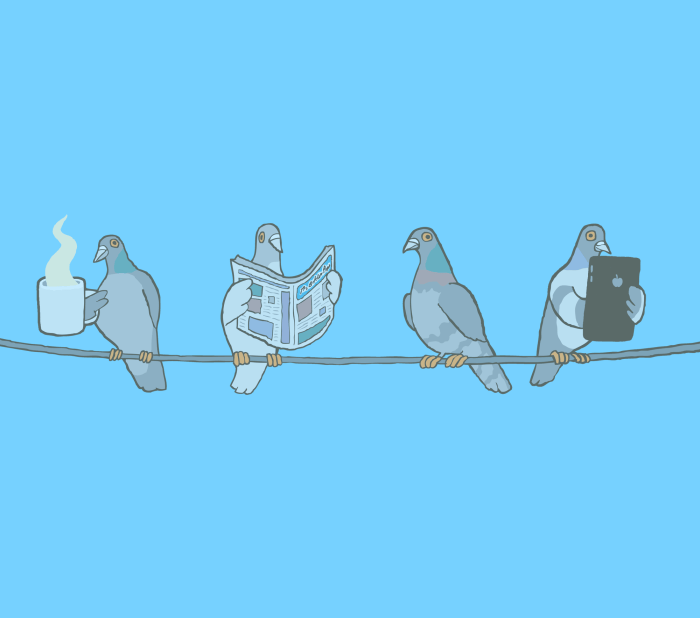Lately I’ve been thinking about the ruts and obsessions people find themselves in. Here at this paper, my conservative counterpart’s columns are almost always about law and order, whereas mine seem to be about powerlessness and isolation.
Studies of astronauts in orbit or scientists isolated in Antarctica have identified what they call a “third quarter effect.” At the beginning of a long-term mission, participants are anxious yet excited, then they move on to depression and boredom, then, normally shortly after the halfway point, they become aggressive and irritable.
We are embarked upon an isolation mission of uncertain duration. We are long past the honeymoon phase, yet I suspect we are not yet even close to the halfway point. The uncertainty surely makes the whole situation worse. It seems clear that many of us are depressed and bored. We’ve been an aggressive and irritable country for a long time, but I think we’re getting worse. At least that’s what my social media addiction seems to be showing me.
Last week I suggested some ways people can organize to help themselves, because it appears government help is mostly not coming. However, most of us don’t really want to deal with other people any more. This has been true for a while. We hold increasingly disparate beliefs, and it’s frustrating to acknowledge others’ points of view that feel so wrong-headed. Both our entertainment systems and Amazon keep us from sallying forth to compromise: who wouldn’t want to get exactly what they want delivered to them at home, without having to interact with the messiness and uncertainty of others?
We felt this way back when other people were merely inconvenient, but now that others are possible dangers to us, or we to them, our aversion has exploded. We are increasingly interacting through Zoom or other video chats, which may be an improvement on a work meeting — because one can more easily hide how much one is ignoring or annoyed by the others — but seem to turn every other sort of interaction into overlong and awkward work-like encounters.
I think we have slipped into isolation and atomization because we hate change: the current system allows some of us to avoid having to accommodate ourselves to others. But even though the dominant feeling of this crisis is one of stasis, the only true constant in the world is change. The old and current system of living is not sustainable. We are living amidst economic and ecological crisis, and this crisis will persist past the current, interminable pandemic.
Relying on distant strangers who we are richer than will destroy us one day. We must become less specialized, we must focus more locally, we have to adapt and grow and share or we will perish.
Nick Rizzo is a Democratic District Leader representing the 50th Assembly District and a political consultant who lives in Greenpoint. Follow him on Twitter @NickRizzo.



















